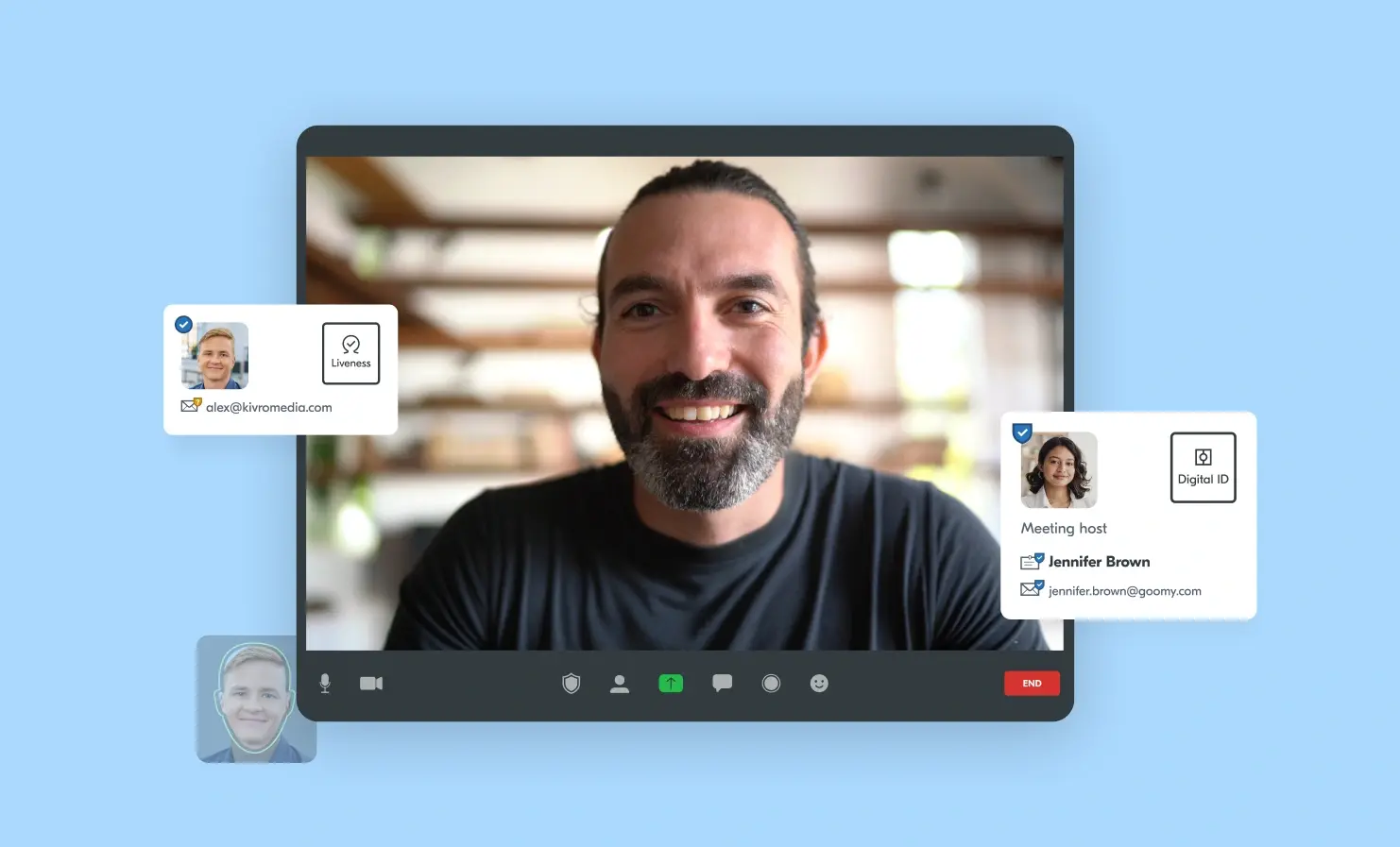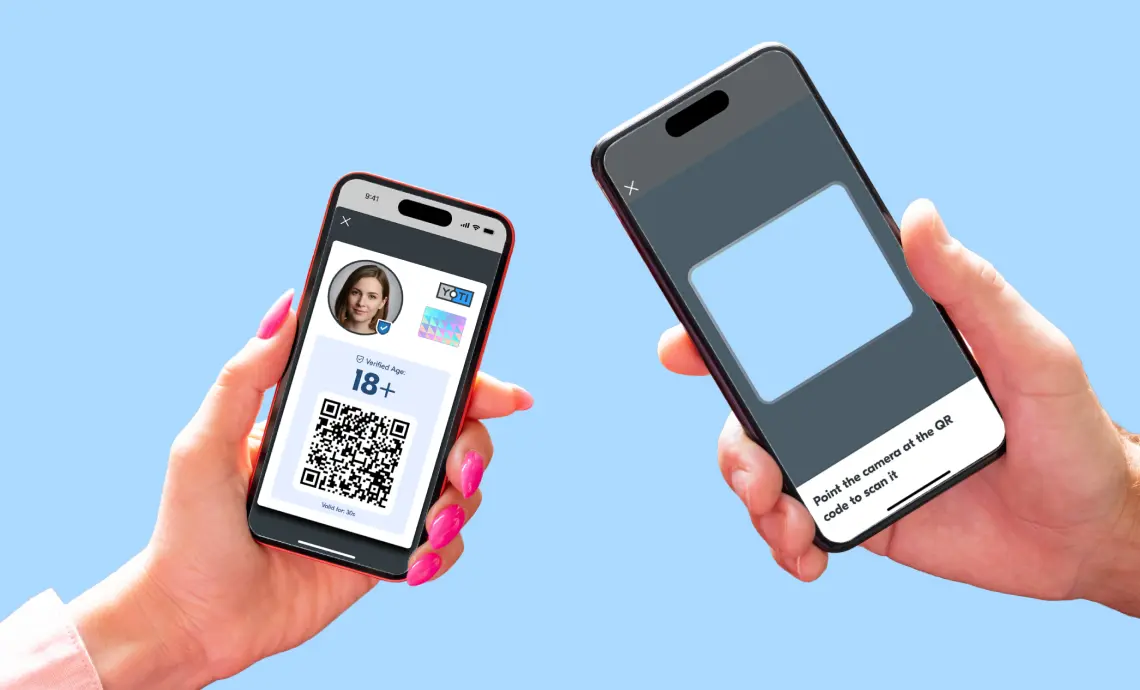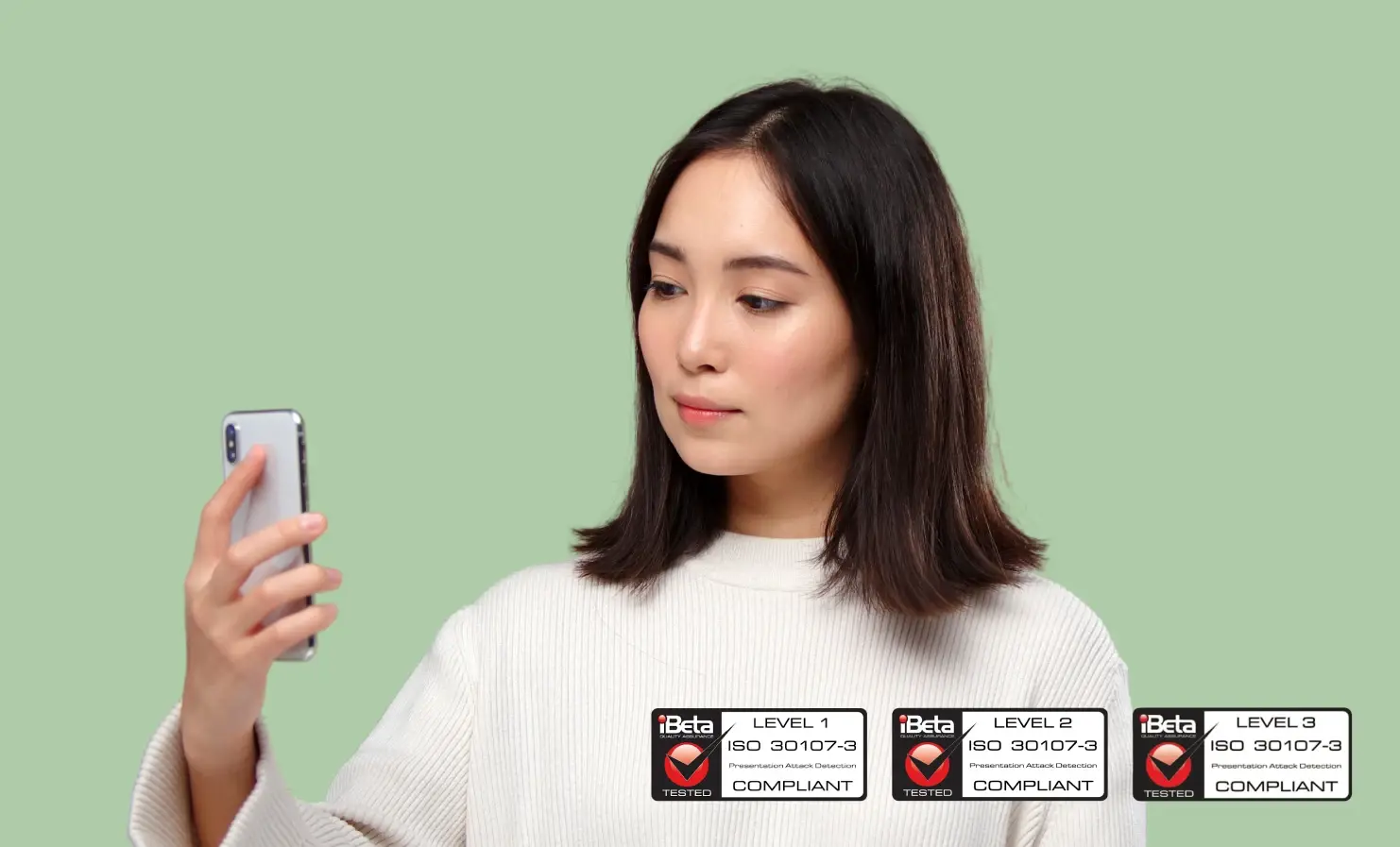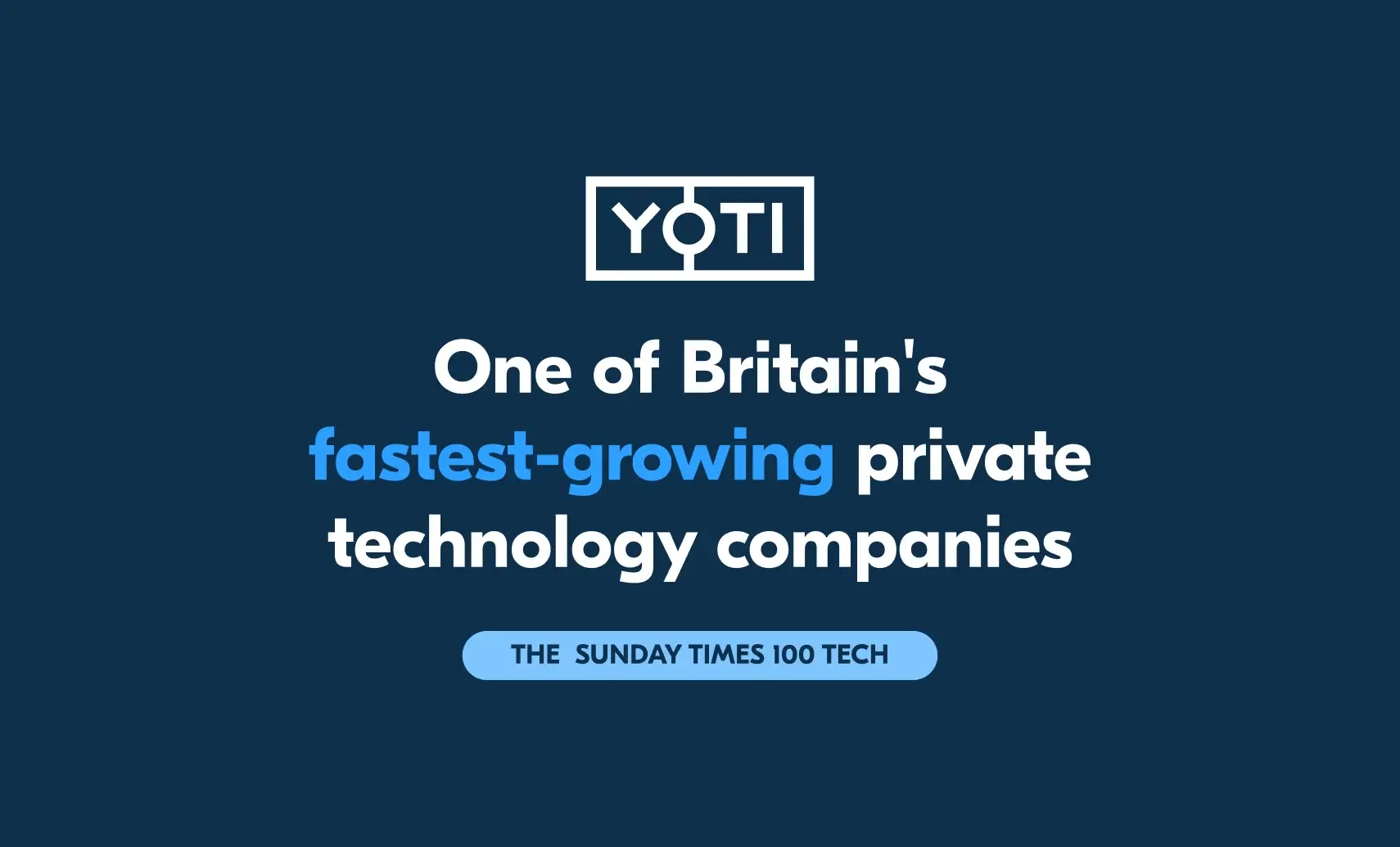
Yoti Verified Calls is a new innovative service, designed to combat identity fraud and cyber attacks, while building trust during video calls. It enables businesses and individuals to verify the identity of attendees before or during video calls, reducing the risk of impersonation, deepfakes and unauthorised access.
The rising threat of deepfakes
Barely a week goes by without a headline about deepfakes. Whether it’s a celebrity finding fake images of them circulating online, political leaders appearing in a deepfake video, or a member of the public scammed, the technology behind deepfakes is growing more accessible, believable, sophisticated and widespread.
There’s been high profile stories of employees scammed into sending money to fraudsters. In one case, a finance worker was duped into transferring over £20 million. The scammer used a realtime deepfake tool to emulate the Chief Financial Officer and other members of the organisation on a video call, and coax a finance worker into transferring the money. The worker attended a video call with what he thought were several other members of staff. In reality, they were all deepfake recreations.
Deepfakes are also infiltrating the hiring process. With automated application systems becoming more popular, companies are increasingly vulnerable to fraudulent job applications powered by AI-generated identities of candidates. These digital counterfeits can slip through screening processes, making it harder to trust what we see on screen. By 2028, 1 in 4 job candidates worldwide will be fake, according to research and advisory firm Gartner.
Additionally, a high-profile UK retail company asked employees to keep their cameras on during remote meetings earlier this year to deal with a cyberattack and unauthorised access.
Combat identity fraud and cyber attacks with Yoti Verified Calls
Yoti Verified Calls can be used by any business or individual wanting to be confident in who they’re speaking to. You can request attendees verify their identity before they join the call or use repeat identity checks during, for example, shift work or random spot checks.
Safeguard your business from sophisticated fraud and cyber attacks. Protect company privacy, brand image and prevent huge financial losses
- Financial services: Make sure you’re talking to the right person when discussing and requesting important financial information and completing transactions or payments to suppliers.
- HR, recruitment and interviews: Ensure you are interviewing the right person, and don’t let a potential candidate get someone else to handle the tricky interview questions by using the candidate’s AI-generated face and voice.
- Legal decisions: Give staff confidence when talking to clients about legal matters and record an audit trail as evidence the right people were on the call.
- Boardroom calls: Stop fraudsters getting insights into your critical business decisions, particularly around company acquisitions, mergers or other sensitive commercial matters.
Protect your businesses with Yoti Verified Calls
With Yoti Verified Calls, you can have full confidence and trust that you’re talking to the right person – and a real person. You’ll also have evidence and a strong audit trail of which individuals have been verified, including details of how they verified their identity.
Yoti Verified Calls – a quick, simple and effective way to prevent deepfake video calls, prevent unauthorised access, and build trust and transparency online.




